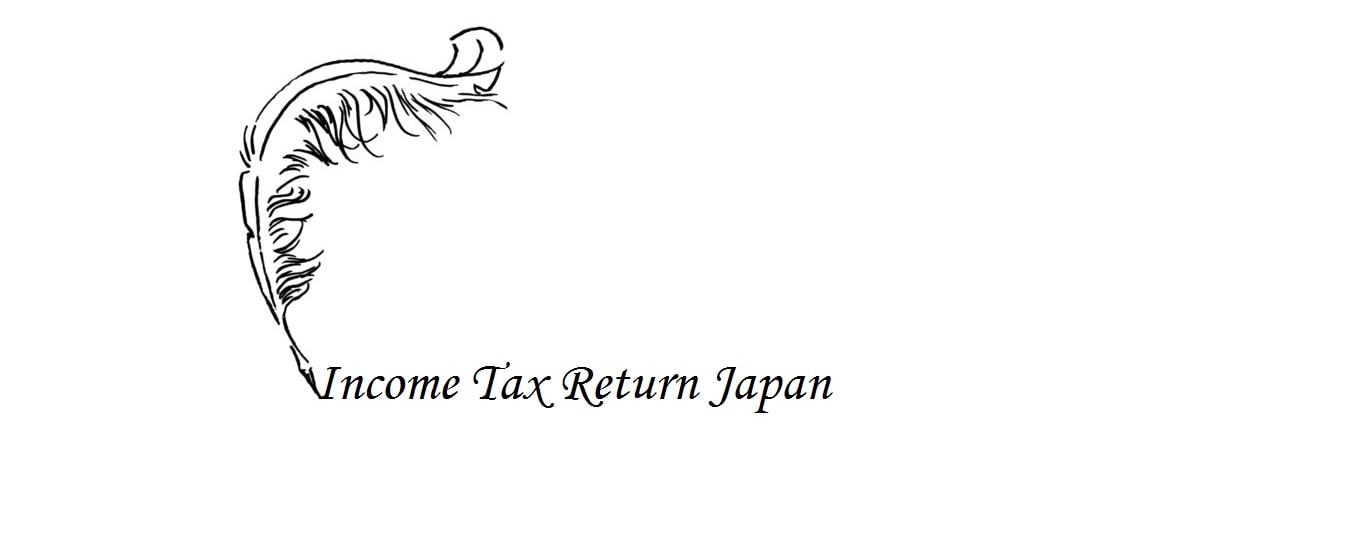
In Japan, January 1 to December 31 is considered the fiscal year and February-March, this time is considered as tax season.1 who is working right now, all are obliged to go through the income tax return process. Income tax is imposed on the variation of person’s residency condition such as whether they are resident or non-resident in Japan. There are two payment methods available in Japan. One is to fill a tax return another is withholding of income tax from the monthly salary of employee.
Self-Assessment system is the most popular tax return system in Japan where taxpayers fill the determined tax individually. In this system, taxpayers determine the amount of their taxes based on own income with responsibility. When a taxpayer fails to file the return within a due date, additional taxes are charged including delinquent tax and interest tax. The amount of charging the delinquent tax is 7.3% per annum which a taxpayer pays normally but after the due date the charging amount increased to 14.6% per annum and taxpayer is obliged to pay this delinquent tax with the principal amount of tax. On the other hand, interest’s tax is charged in the amount of 7.3% per annum.2
Income tax is charged on three verities of people in Japan like Non-resident, Non-permanent resident and Permanent resident. A person is considered as a Non-resident person if he/she lives for less than 1 year in Japan. Non-residents pay their tax on what they have earned from Japan not from outside of Japan. Again, a person is considered as a Non-permanent resident if he/she lives unintentionally for less than 5 years in Japan. The same payment method of Non-resident citizens is followed for Non-permanent citizens. Permanent citizens are those who have already lived in Japan for 45 years and intention to live further time permanently.
All kinds of residents whose income have already exceeded in 20 million yen (179536.400 USD), should go through the income tax return process. In office, those employees don’t have other income sources without salaries, it will not be essential for them the tax return. But there are some self-employed or freelance workers whose earnings have been exceeded over one company, should fill the form and return it to the tax office.
Withholding system is allowed in Japan for tax returning. The salaries, retirement allowances, interest number of taxpayers and so on are considered under this withholding tax system. In this system, taxpayers must consider their previous and present salaries and wages, find out the present tax amount and compare it the previous year what actually withheld in that year. Shortage of payment or overpayment will be adjusted from the withheld amount of the previous year. Final return will not be applicable for such employees whose earnings have not exceeded 20,000,000 yen.
In most cases, retirement income isn’t added with this tax payment system. For Non-permanent residents, income tax and special income tax should be paid. Besides, some tax payments structures are there which followed by tax office such as “Amount of income” is found from the deduction of earnings. When “Amount of income” is deducted from the “Deduction of income”, we find the “Amount of Taxable income”. Again, amount of income tax is calculated through the multiplication of “Amount of Taxable income with “Appropriate income tax rate”. Taxation methods are varied according to the different fields like business income, real estate income, interest income, dividend income, employment income, miscellaneous income, capital gains and occasional income.
Aggregate taxation is imposed on business income such as industry, fisheries, agriculture, personal services etc. Besides, real estate income is under this taxation method including land, buildings, vessels, aircraft and so on. Interest income is under the methods of aggregate, separate and withholding taxation such as overseas income is considered under the methods of aggregate taxation. Separate bonds are changed as separate taxation. Saving and other earnings are charged following the methods of withholding tax.
Dividend’s income which surplus from corporation is charged under aggregate taxation. Securities investment and public offerings are under separate taxation method. Corporate bond is charged under withholding tax where sources, bonuses and allowances are charged as aggregate taxation.
Foreigners who are working in Japan are allowed on this taxation process what has been mentioned earlier. The painless version of tax return which is called “Nenmatsu Chorei” is applicable for those persons who leave Japan before 1 year end. Working as Non-Japanese with more than one employer (For Freelancers), earn more than 20 million yen and annual income is in excess of 200,000 yen. Employees of such earnings must do some paper works a submit it to the tax office. Suppose someone changes job during 1 year period. So, the wages and remuneration will be varied. Again, someone is doing 2-part time jobs. So, they combine the payment of 2 jobs and find the withheld tax.